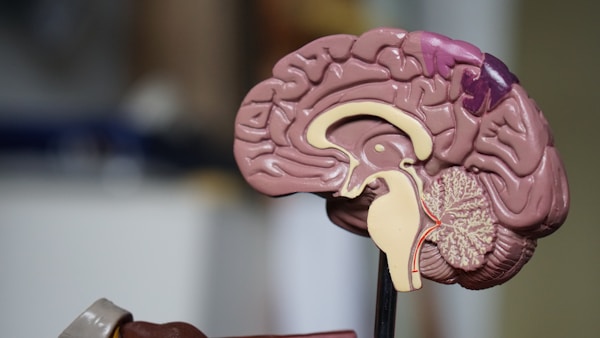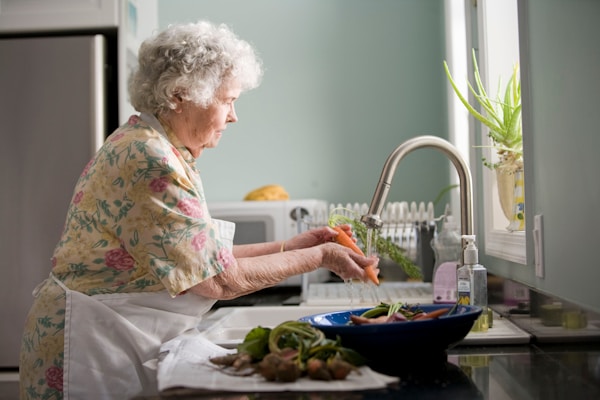Alzheimer’s disease is a neurodegenerative disorder that is the most common form of dementia. It is characterized by progressive and irreversible memory loss and cognitive decline. The underlying cause is not fully understood, but it is thought to involve a combination of genetic and environmental factors. There is no cure for Alzheimer’s, but there are treatments available that can help improve symptoms. Early diagnosis is necessary to maximize the benefits of treatment. If you want to make sure you or your loved one seeks medical attention as soon as possible, read on to learn how to recognize the signs of Alzheimer’s disease.
How can you recognize the signs of Alzheimer’s disease?

Alzheimer’s disease is a form of dementia that results in memory loss and impaired thinking skills. It is a progressive disease, which means it worsens over time. One thing everyone should be aware of is the fact that there are several different Alzheimer’s stages. In the early stages, people may notice mild memory problems. As the disease progresses, people may have trouble with basic tasks, such as bathing, dressing, and using the toilet. People in the later stages of Alzheimer’s disease may become completely dependent on others for care. There is no one-size-fits-all approach to managing Alzheimer’s disease. Treatment plans should be tailored to the individual and may change.
There is currently no cure for Alzheimer’s disease, however, there are a number of treatments available that may improve the quality of life for people with the condition. These treatments include medications, lifestyle changes, and therapies. The medications used to treat Alzheimer’s disease include cholinesterase inhibitors and memantine. Cholinesterase inhibitors work by slowing the decline in memory and thinking skills, while memantine reduces some of the symptoms of the disease.
Lifestyle changes that can be beneficial for people with Alzheimer’s disease include exercise, social activities, and a healthy diet. Exercise can improve mood and increase brain function, social activities can provide relief from feelings of isolation, and a healthy diet can help to protect the brain from damage. Therapies that may be used to treat people with Alzheimer’s disease include cognitive behavioral therapy, music therapy, and art therapy.
What can you do to assist a loved one with Alzheimer’s?

Alzheimer’s disease can cause a person to experience a wide range of changes, both physical and cognitive. As the disease progresses, it can become increasingly difficult for a person to live independently. In some cases, it may be necessary to make modifications to the home in order to accommodate the person’s needs. Some of the modifications that may be required include installing grab bars in the bathroom and shower, adding a wheelchair ramp, or widening doorways and hallways. It is important to remove any obstacles or hazards from the home that could cause a fall, such as loose rugs or electrical cords.
You should also do what you can to help your loved one with Alzheimer’s disease stay independent. First, try to keep their living environment as organized and clutter-free as possible. This will enable them to stay oriented and avoid becoming overwhelmed. Additionally, you can give reminders about tasks or appointments. If possible, try to keep a routine for them and stick to it as closely as possible. This will allow them to feel more secure and comfortable. Finally, be patient and supportive. Alzheimer’s disease can be very frustrating, but you need to keep communication open and positive. Be understanding if your loved one makes mistakes.
Having a loved one receive an Alzheimer’s diagnosis can be difficult. There are no easy answers, but there are ways to manage the situation. One of the best things you can do is create a support system. This can include family, friends, and professionals who can offer help and advice. Lean on these people for support, and don’t try to handle everything on your own. Take the time to learn about the disease, along with its signs and symptoms. That way you’ll be prepared to provide whatever assistance that you can as they progress through the stages of Alzheimer’s.




